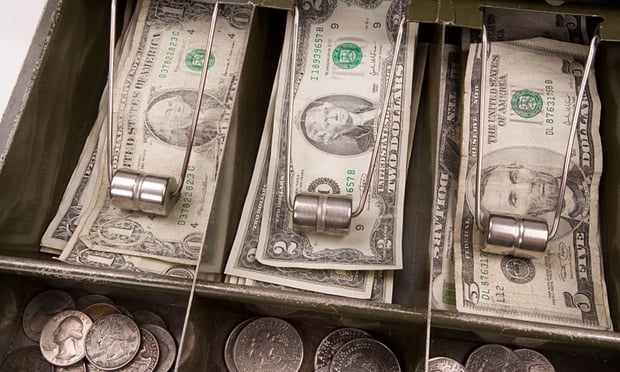Reverse payment, also called pay-for-delay, is not an uncommon strategy in a settlement between a pharmaceutical brand-name patent holder and a generic patent challenger.
A reverse payment can be a cash payment from the patent holder to the challenger or a discounted compensation from the challenger to the patent holder. Other forms of reverse payment include noncash incentives, such as exclusive licensing or early entry to the market prior to the expiration of the patent at dispute. Regardless of the form of a reverse payment, proponents defend it for allowing both parties to avoid lengthy and costly litigation and remove uncertainties related to the dispute. Opponents, however, attack reverse payment as an illegal instrument to protect weak patents from invalidation and thus eliminate the risk of competition.
This content has been archived. It is available through our partners, LexisNexis® and Bloomberg Law.
To view this content, please continue to their sites.
Not a Lexis Subscriber?
Subscribe Now
Not a Bloomberg Law Subscriber?
Subscribe Now
LexisNexis® and Bloomberg Law are third party online distributors of the broad collection of current and archived versions of ALM's legal news publications. LexisNexis® and Bloomberg Law customers are able to access and use ALM's content, including content from the National Law Journal, The American Lawyer, Legaltech News, The New York Law Journal, and Corporate Counsel, as well as other sources of legal information.
For questions call 1-877-256-2472 or contact us at [email protected]



